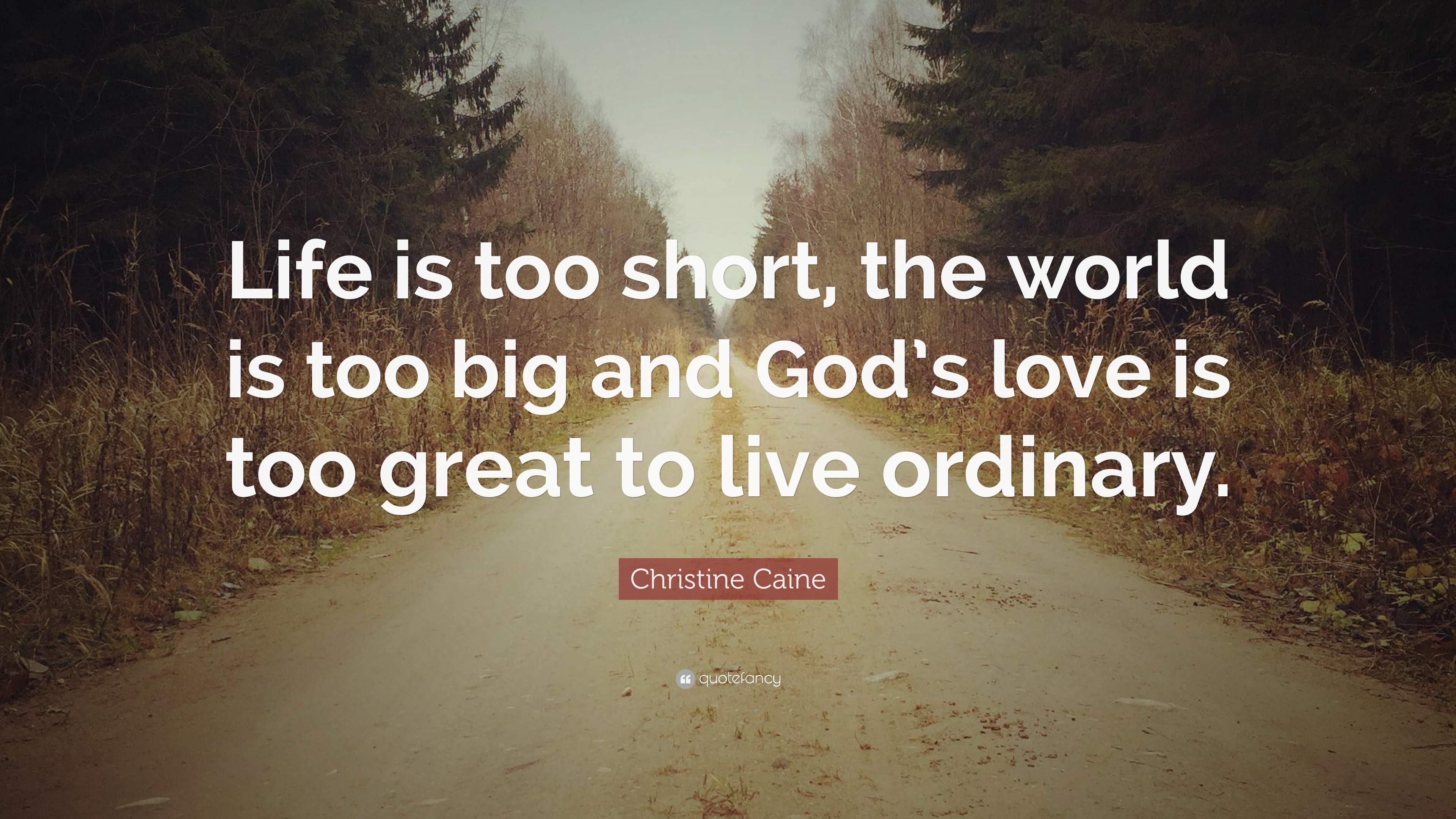

Humanity is divinely commissioned to govern other creatures on God’s behalf, the ultimate purpose being that the whole earth should become the temple of God, the place of his presence, and should display his glory. Genesis 1 establishes a hierarchy of authority. God finally gives authority to human beings, as his vice-regents, to govern all these living creatures. In days 4–6 the three distinctive regions are populated: the Heavens with lights and birds the Seas with fish and swarming creatures and the Earth with livestock and creeping things. Readers are introduced in the first three days to Day, Night, the Heavens, Earth, Seas-all these items, and only these, being specifically named by God. Viewed in its ancient Near Eastern context, Genesis 1 says that God created everything, but it is also an account of how God has structured creation in its ordered complexity.

For example, vegetation is mentioned on day 3, prior to the apparent creation of the sun on day 4. 1:3) is mainly on God bringing things into existence by his word and ordering the created things (“let the waters … be gathered together,” 1:9), rather than on how the earth was initially created (Gen. 1:1), the focus of the rest of Genesis 1 (beginning at Gen. Each of the six workdays follows the same pattern: it begins with “and God said,” and closes with “and there was evening and there was morning, the nth day.” After declaring that God is the Creator of all things (Gen. 1:3–31) and the seventh day, God’s Sabbath (Gen. 1:1–2), the author describes the six workdays (Gen. The structure of the account is as follows: after giving the setting (Gen. The emphasis is mainly on how God orders or structures everything. Structured into seven sections, each marked by the use of set phrases, the entire episode conveys the picture of the all-powerful, transcendent God who sets everything in place with consummate skill in conformity to his grand design. The book of Genesis opens with a majestic description of how God first created the heavens and earth and then how he ordered the earth so that it may become his dwelling place. And the Spirit of God was hovering over the face of the waters. The earth was without form and void, and darkness was over the face of the deep. In the beginning, God created the heavens and the earth. Since Jesus is in this sense the goal of creation, he must be fully God. Jesus is not only the agent of creation but is also the goal of creation, for everything was created by him and for him, that is, for his honor and praise. This would not mean, however, that Jesus created evil angels all spiritual powers were created by Jesus, but some later chose to rebel against God and so to become evil. His emphasis here may be on the evil angels, since they play a significant part in this letter (Col.

Paul is using the current Jewish terms for various rankings of angels (although he doesn’t explain their relative ranks). thrones or dominions or rulers or authorities. Jesus cannot be the first thing created (as the ancient Arian heresy claimed) since “all things” without exception were created by him. He was the agent of creation through whom God made heaven and earth (John 1:3). Jesus did not come into existence when he was born of the virgin Mary.

Colossians 1:16įor by him all things were created, in heaven and on earth, visible and invisible, whether thrones or dominions or rulers or authorities-all things were created through him and for him. All commentary notes adapted from the ESV Study Bible. This article is part of the Key Bible Verses series.


 0 kommentar(er)
0 kommentar(er)
